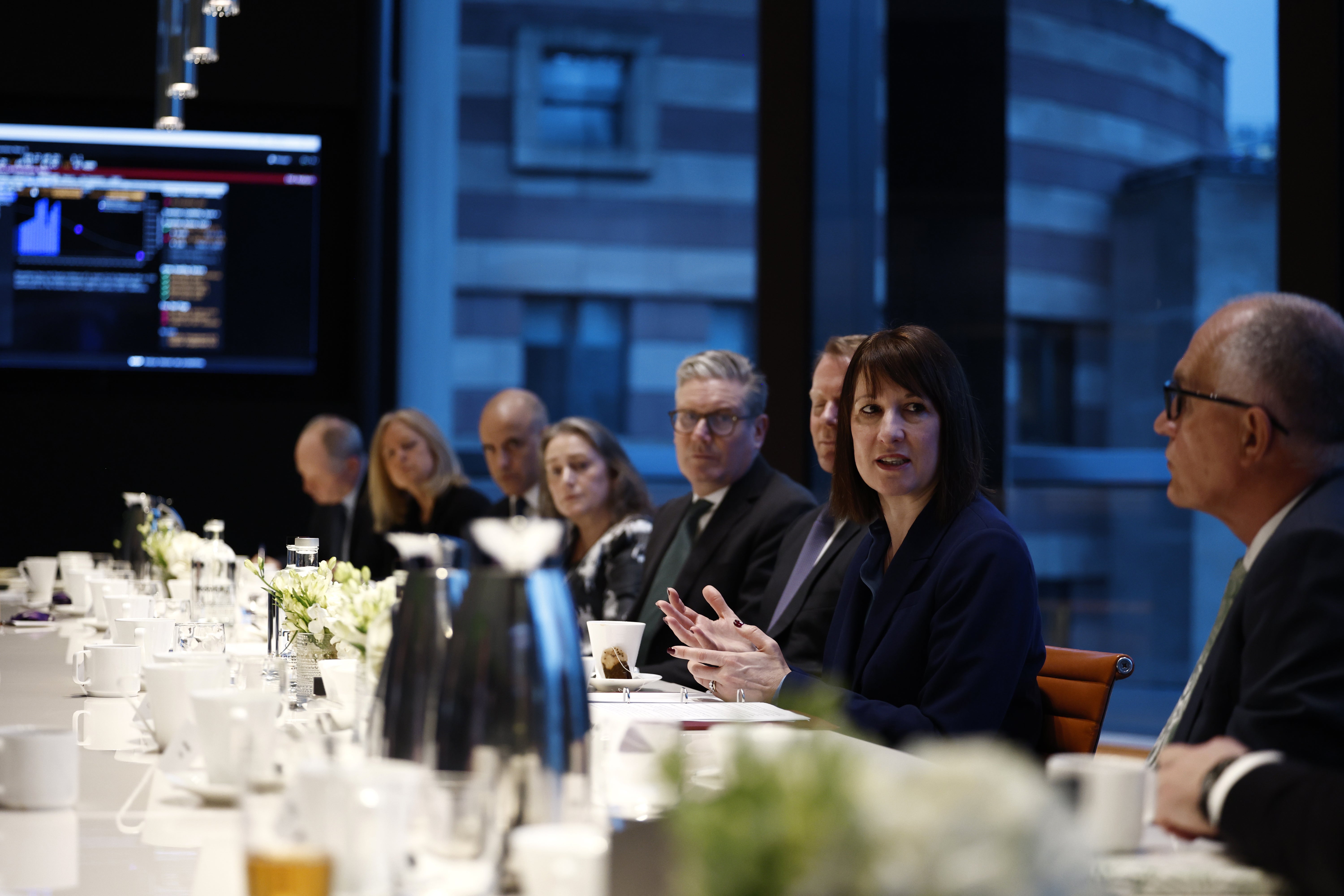An influential anti-poverty charity has rubbished claims by Rachel Reeves that her growth agenda will drive up living standards in the UK as it pushes the government to strengthen Universal Credit instead of chipping away at benefits.
The chancellor has said growing the economy is Labour’s main priority, but a report from the Joseph Rowntree Foundation (JRF) has said economic growth “alone” won’t improve the lives of those struggling with the cost of living.
It said the government must also pursue specifically targeted policies to make a meaningful change, arguing that even strong growth won’t be able to alleviate rising child poverty.
Paul Kissack, chief executive of the JRF said it was “almost certain” that economic stability was necessary to sustainably reduce poverty.

“However, economic growth on its own won’t reduce poverty, and it is deeply unjust to force families to wait for economic growth before they feel their situation improve, especially given the picture of deepening poverty,” he said.
“A government promising change and vowing to fix the foundations cannot walk past this grim and deteriorating picture.”
The charity’s damning report said that more than 1 in 5 people in the UK were living in poverty in 2022/23 – around 14.3 million people. Its authors point out that this is relatively stable compared to the year before, but that poverty has not fell meaningfully for 20 years. It also forecast that one in three children will be in poverty by 2029 if action is not taken.
In a speech on Wednesday, the chancellor is expected to outline Labour’s plans to boost economic growth. Her speech is understood to include altering planning rules to accelerate building projects, backing airport expansion, and possibly more details on plans to cut welfare spending.
Briefing the party’s MPs earlier in the week, she said: “Have we done enough? No. We must go further and faster because the cost of living pressures are still very real for working people across Britain, and the only way we can turn this around is through economic growth.”

Mr Kissack said Labour policies such as reducing benefit deductions, boosting the minimum wage and investing in social housing were “welcome steps,” but said they fell short of “what is required to deliver the scale of change needed.”
The JRF report said that the removal of the two child benefit cap was central to alleviating child poverty. This is the DWP rule that prevents parents from claiming universal credit or tax credit for any child beyond their third. Introduced by the Conservatives in 2017, Labour resisted calls to scrap the measure early into its premiership.
It also recommended a permanent re-link of Local Housing Allowance to local rents, and setting a basic rate for Universal Credit which a person’s income cannot fall below. At present, payments can be reduced by the benefit cap. The JRF said introducing a minimum amount would ensure everyone got enough money “at least enough to afford life’s essentials”.
Mr Kissack said: “Policy action must start with the system designed to help people meet their costs of living – social security. At the moment that system is not only failing to do its job but, worse, actively pushing some people into deeper poverty, through cruel limits and caps.”

Responding to the report, Liberal Democrat Treasury spokesperson Daisy Cooper MP urged Labour to reverse policies limiting the ability of vulnerable households to receive government help.
“From their refusal to scrap the two child benefit cap and their heartless decision to cut the Winter Fuel Payments, this government has done next to nothing to tackle the growing poverty pandemic in this county,” she said.
A government spokesperson said: “No child should be in poverty – that’s why our Ministerial Taskforce is exploring all levers available across government to give children across the United Kingdom the best start in life, while our Plan for Change will raise living standards across the country.
“As we fix the foundations of the economy, we’re increasing the Living Wage, uprating benefits and supporting 700,000 of the poorest families with children by introducing a Fair Repayment Rate on Universal Credit deductions to help low-income families and make everyone better off.”







